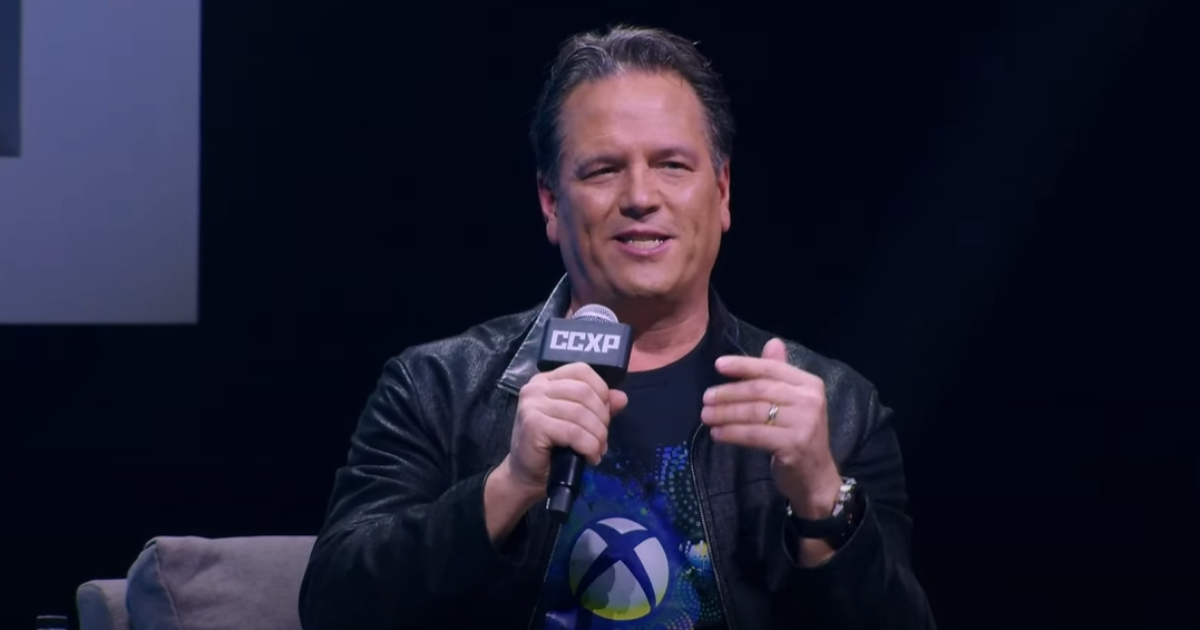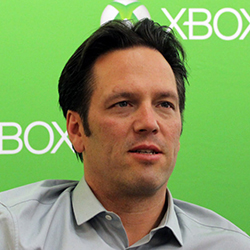Many things about Game Pass and the entire ecosystem around it are still shrouded in mystery. Microsoft Gaming CEO Phil Spencer has now shed some light on the service’s strategy and certain elements of its business model.

Phil Spencer, Image: CCXP
In an interview with Windows Central, Spencer noted that Game Pass is “financially viable, meaning it makes money.” And Microsoft spends over $1 billion per year to bring third-party games to the subscription service.
One of the main parts of the company’s strategy is to support “all kinds of games,” from the biggest AAA titles to the unknown indie projects. Xbox also wants to continue to make its own games, but it is also a platform holder that has player engagement as one of its goals.
If you're an individual publisher, you really have to think about 'how do you get everybody playing my game.' I think a lot of the publishers are naturally drawn to making games that are big hit games, as big as possible. We want to do that as well, of course. But because we have a platform, and we have a subscription service, having people play more and stay engaged on the platform, frankly, regardless of the types of games they're playing, is a very viable part of our strategy. CEO of Microsoft Gaming
Spencer cited games like Hi-Fi Rush and Pentiment as examples of smaller first-party titles that have proven to be successful on Game Pass. “The diversity of business models allows us to invest in different kinds of content and still have financial success with that content,” he said.
For example, Pentiment director Josh Sawyer said he would have never proposed making a game like this without Game Pass. That’s because in a traditional system, “generally focused on larger teams, larger investments for a higher ROI,” no publisher would ever pick a project like Pentiment.
In addition, Microsoft is also betting big on back catalog titles from its first-party studios such as Bethesda or Arkane, which also add value to Game Pass. Now that the company owns Activision Blizzard, Spencer is “really excited about the things we can do.” However, there are still no details about whether games like World of Warcraft or StarCraft will eventually come to Xbox, or when (and if) Microsoft will invest in reviving some of Activision Blizzard’s older IPs.
Speaking to Windows Central, the Microsoft Gaming head also made it clear that the company has no plans to bring Game Pass to PlayStation or Nintendo. He noted that the service will continue to be an “important part of the Xbox console identity,” and that Microsoft plans to find new ways to innovate across its game portfolio and its platform.

